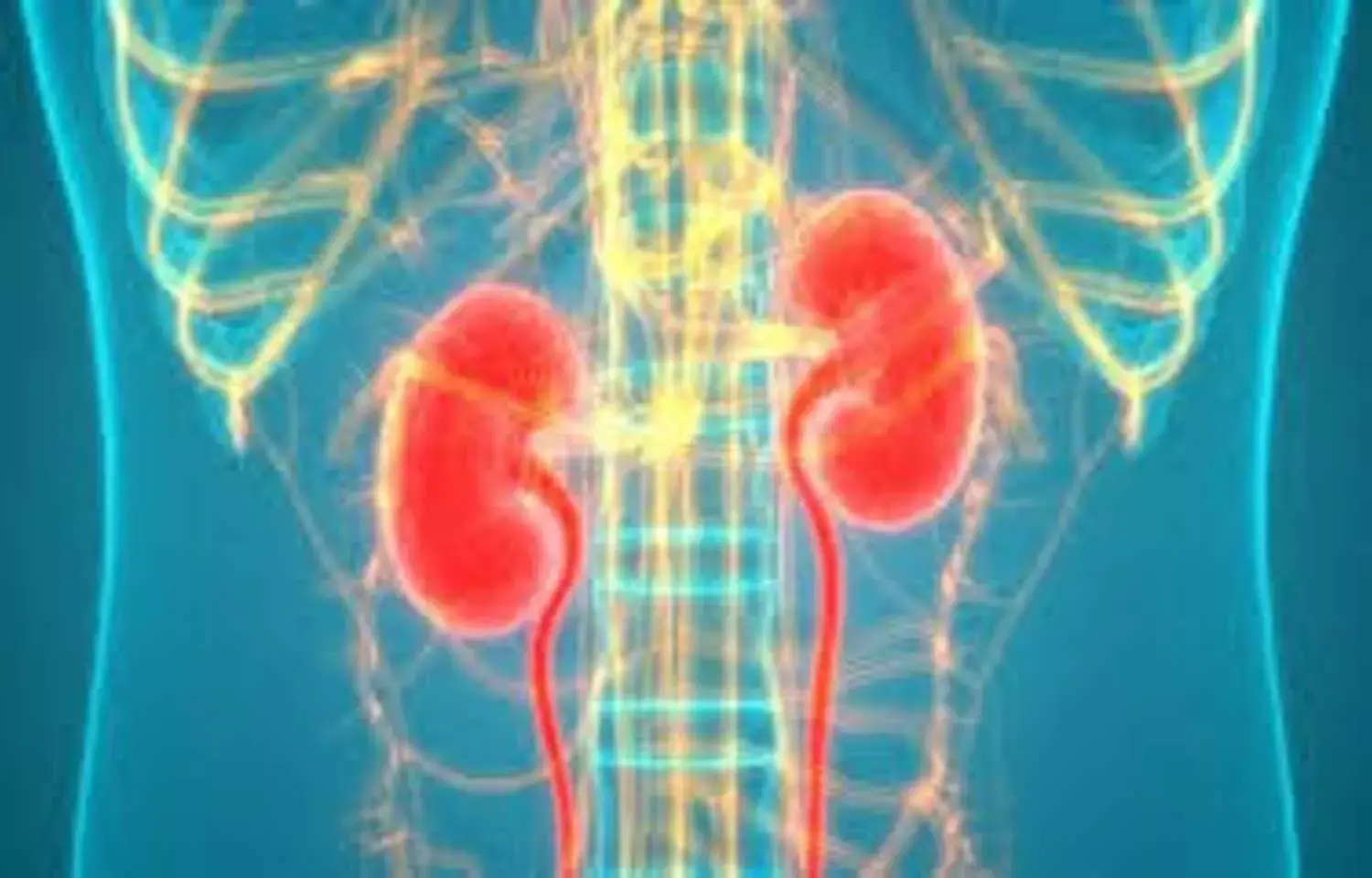- Home
- Medical news & Guidelines
- Anesthesiology
- Cardiology and CTVS
- Critical Care
- Dentistry
- Dermatology
- Diabetes and Endocrinology
- ENT
- Gastroenterology
- Medicine
- Nephrology
- Neurology
- Obstretics-Gynaecology
- Oncology
- Ophthalmology
- Orthopaedics
- Pediatrics-Neonatology
- Psychiatry
- Pulmonology
- Radiology
- Surgery
- Urology
- Laboratory Medicine
- Diet
- Nursing
- Paramedical
- Physiotherapy
- Health news
- Fact Check
- Bone Health Fact Check
- Brain Health Fact Check
- Cancer Related Fact Check
- Child Care Fact Check
- Dental and oral health fact check
- Diabetes and metabolic health fact check
- Diet and Nutrition Fact Check
- Eye and ENT Care Fact Check
- Fitness fact check
- Gut health fact check
- Heart health fact check
- Kidney health fact check
- Medical education fact check
- Men's health fact check
- Respiratory fact check
- Skin and hair care fact check
- Vaccine and Immunization fact check
- Women's health fact check
- AYUSH
- State News
- Andaman and Nicobar Islands
- Andhra Pradesh
- Arunachal Pradesh
- Assam
- Bihar
- Chandigarh
- Chattisgarh
- Dadra and Nagar Haveli
- Daman and Diu
- Delhi
- Goa
- Gujarat
- Haryana
- Himachal Pradesh
- Jammu & Kashmir
- Jharkhand
- Karnataka
- Kerala
- Ladakh
- Lakshadweep
- Madhya Pradesh
- Maharashtra
- Manipur
- Meghalaya
- Mizoram
- Nagaland
- Odisha
- Puducherry
- Punjab
- Rajasthan
- Sikkim
- Tamil Nadu
- Telangana
- Tripura
- Uttar Pradesh
- Uttrakhand
- West Bengal
- Medical Education
- Industry
Advanced CKD and decreased lean tissue mass strongly predict hypnogonadism: Study

Warsaw, Poland: Chronic kidney disease (CKD) stage is a strong predictor of hypogonadism, finds a recent study in the International Journal of Nephrology and Renovascular Disease. According to the study, decreased lean tissue index (LTI) and eGFR are predictors of hypnogonadism associated with CKD. It suggests that screening for hypnogonadism should be carried out in patients having eGFR below 30 mL/min/1.73 m2.
Hypogonadism is known to be more frequent in CKD patients than in the general population. Its prevalence ranges between 40% and 60%. The aim of the study by Ryszard Skiba, Military Institute of Medicine, Warsaw, Poland, and colleagues was to investigate the prevalence of hypogonadism and its association with kidney function, inflammatory markers, body composition, and lipid disorders in CKD patients.
The study included 112 men (aged ≥ 40 years) in different CKD stages -- 33 participants with eGFR ≥ 60 mL/min/1.73 m2, 27 men with eGFR 30– 59 mL/min/1.73 m2, 17 predialysis patients with eGFR < 30 mL/min/1.73 m2, and 35 men on hemodialysis therapy three times a week for more than 3 months (G5D stage).
Total testosterone (TT) levels were measured and free testosterone (FT) levels were calculated. Bioimpedance spectroscopy (Body Composition Monitor, FMC) was used to assess body composition. Statistical analysis was performed using Statistica version 13.1.
Key findings of the study include:
- CKD stage was a strong predictor of hypogonadism (providing an information value of 0.83).
- The weight of evidence technique allowed us to differentiate the high-risk group, which was a group of patients with advanced CKD, defined as eGFR < 30 mL/min/1.73 m2.
- In this group, the likelihood of hypogonadism was 69.23%. Another significant predictor of hypogonadism was lean tissue index (LTI).
- TT and FT levels were significantly lower in the advanced CKD group in comparison to the control group, whereas prolactin, luteinizing hormone and C-reactive protein levels were significantly higher in the advanced CKD group.
- The LTI was significantly lower in advanced CKD and was positively correlated with TT and FT.
"The study results suggest that hypogonadism screening should be carried out when eGFR deceases below 30 mL/min/1.73 m2," concluded the authors.
The study, "Advanced Chronic Kidney Disease is a Strong Predictor of Hypogonadism and is Associated with Decreased Lean Tissue Mass," is published in the International Journal of Nephrology and Renovascular Disease.
DOI: https://www.dovepress.com/advanced-chronic-kidney-disease-is-a-strong-predictor-of-hypogonadism--peer-reviewed-article-IJNRD
Dr Kamal Kant Kohli-MBBS, DTCD- a chest specialist with more than 30 years of practice and a flair for writing clinical articles, Dr Kamal Kant Kohli joined Medical Dialogues as a Chief Editor of Medical News. Besides writing articles, as an editor, he proofreads and verifies all the medical content published on Medical Dialogues including those coming from journals, studies,medical conferences,guidelines etc. Email: drkohli@medicaldialogues.in. Contact no. 011-43720751


